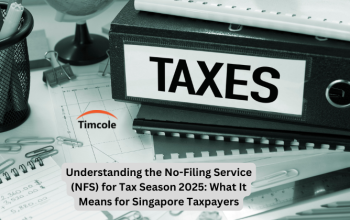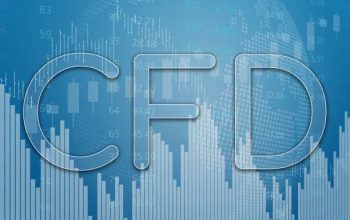The digital era has brought unimaginable changes and opportunities for many individuals and organizations. Technology, particularly instant messaging applications, has immensely helped companies continue their operations during the pandemic. And today, many have continued using these platforms as their primary means of communication.
While anchoring an organization’s communication in digital platforms seems convenient, it has raised numerous concerns, specifically data protection. Due to this, the role of a compliance officer has become extremely crucial.
An article from Telemessage laid down the cruciality of a compliance officer’s role in communication compliance. Their duties encompass ensuring that a company operates within the bounds of relevant laws, regulations, and industry standards, including data privacy and security. A compliance officer is pivotal in mitigating risks and data breaches associated with non-compliance by safeguarding that organizations record WhatsApp messages and have a proper archive for monitoring.
It is also part of their job to develop and enforce policies and procedures addressing specific challenges of handling sensitive information while promoting a culture of ethics and compliance. By keeping up with technological advancements and understanding the risks associated with using digital platforms for business communications, compliance officers can effectively secure the organization’s data and reputation in today’s digital age.
But their job continues beyond ensuring message archiving and call monitoring; they must also ensure that the organization’s business partners and third-party vendors adhere to the same compliance standards. This entails conducting due diligence on external parties, including vetting their compliance practices, to minimize potential risks associated with their actions.
Moreover, compliance officers have to keep up with technological advancements that can both benefit and challenge compliance efforts. Data analytics, artificial intelligence, and machine learning advancements offer opportunities to enhance compliance monitoring and risk assessments. However, these technologies also introduce new cybersecurity and data privacy risks that compliance officers must address.
With the rise of global business operations, compliance officers must navigate the complexities of international regulations and cultural differences. This requires a keen understanding of diverse legal and regulatory frameworks and effective communication and collaboration with international teams.





